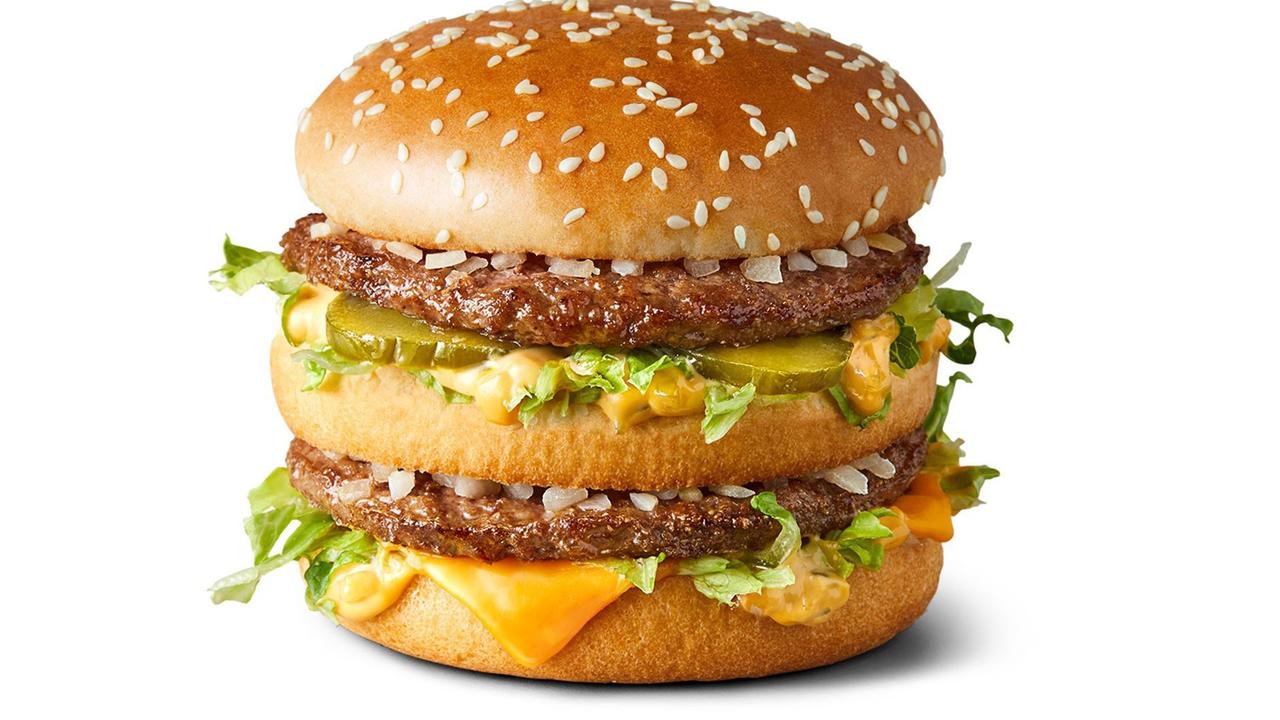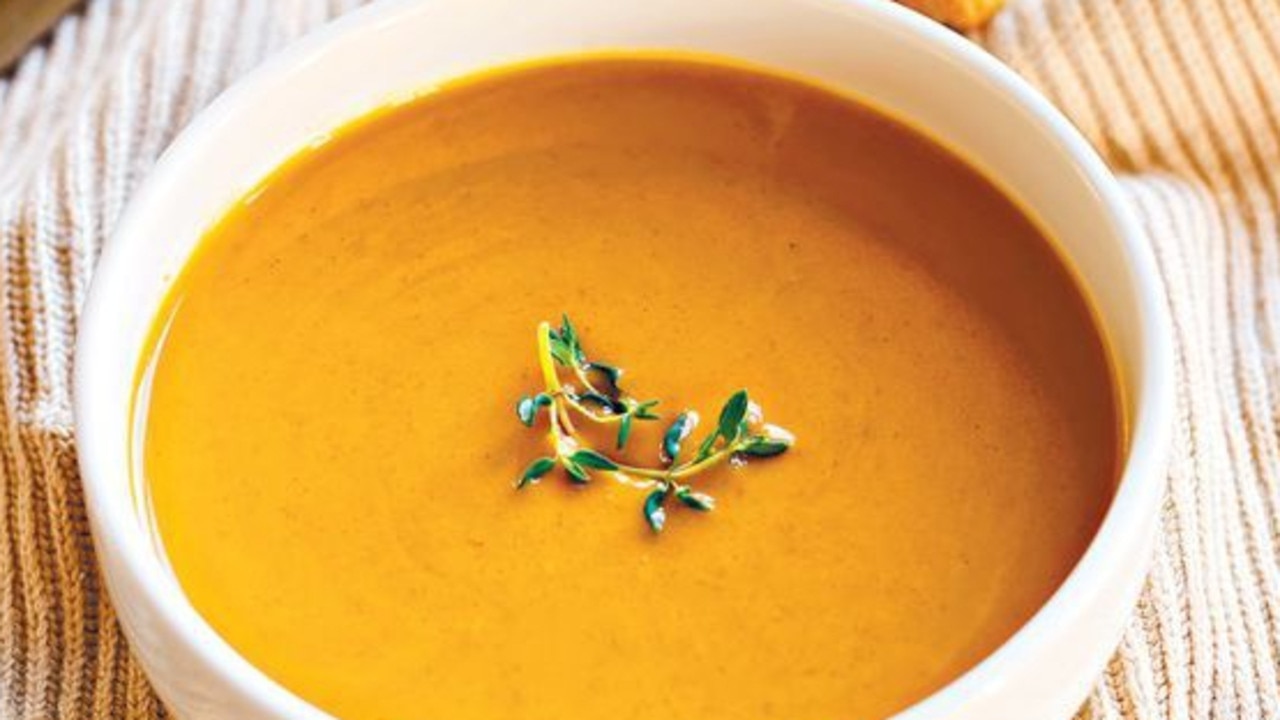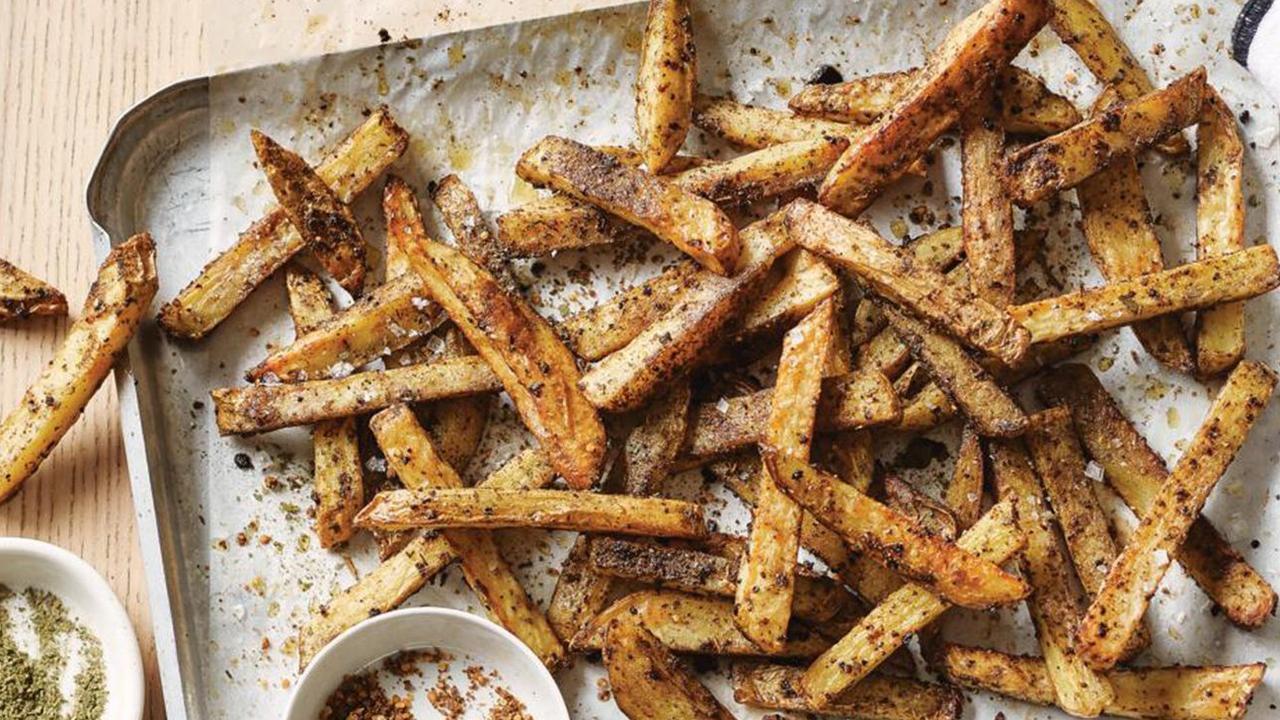Lose belly fat with these 10 easy food ideas
Losing those spare kilograms on one’s stomach can mean a longer and healthier life. Here’s 10 foods to put on your radar if you are looking to trim down.
Recipes
Don't miss out on the headlines from Recipes. Followed categories will be added to My News.
Eating a diet high in processed foods, saturated fats, sugars and sodium are all known to promote it. But how to lose belly fat?
Eating a diet rich in natural wholefoods such as vegetables, wholegrains, legumes, lean protein and healthy fats can all help reduce or get rid of it altogether.

Green tea is packed with antioxidants and plant compounds associated with good health. Catechins, a type of phenolic compounds found in green tea have been studied for their potential metabolism boosting effect which may assist weight loss. Swapping your regular milk coffee for green tea is also a great way to reduce your overall calorie intake.
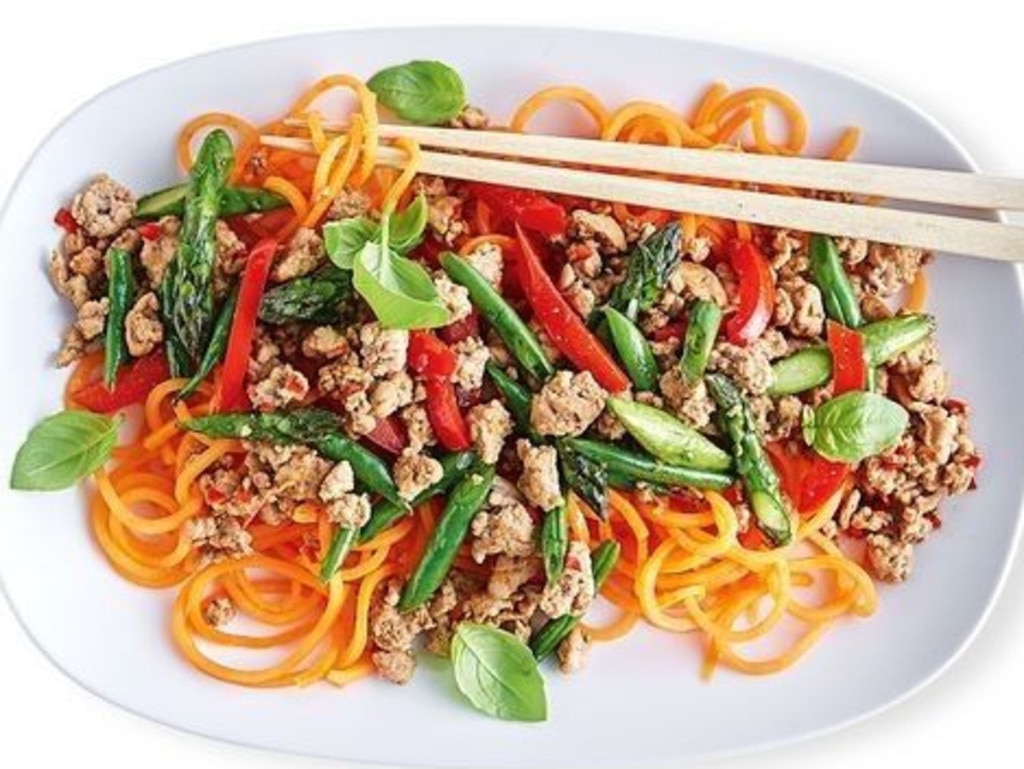
Consuming adequate amounts of lean protein (eg; skinless turkey, chicken, eggs and fish, legumes) is important for maintaining lean body mass. Furthermore, protein provides higher levels of satiety (helps you feel full for longer), potentially reduces overall energy intake and is strongly associated with weight loss in scientific studies.

Vegetables are high in fibre, low in calories and yet can be extremely filling and satisfying. Increasing your veggie intake is a great way to keep your overall calorie count down and help reduce excess belly weight. Veggie soups are a great way to incorporate more veggies into your everyday diet.
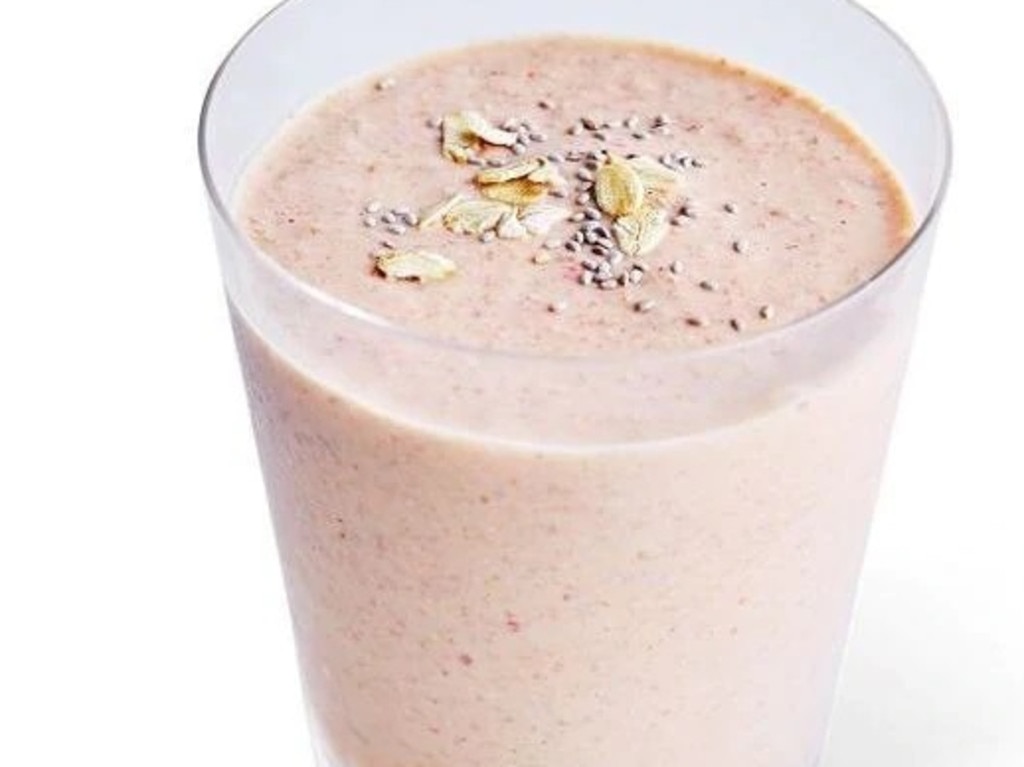
There is growing evidence that maintaining a healthy gut flora is an important tool for preventing obesity and other related chronic illnesses. Diets high in processed carbohydrates and/or saturated fats can negatively affect our gut microbiota, whilst probiotic rich foods such as kefir help promote a healthy gut flora and therefore may assist weight management.
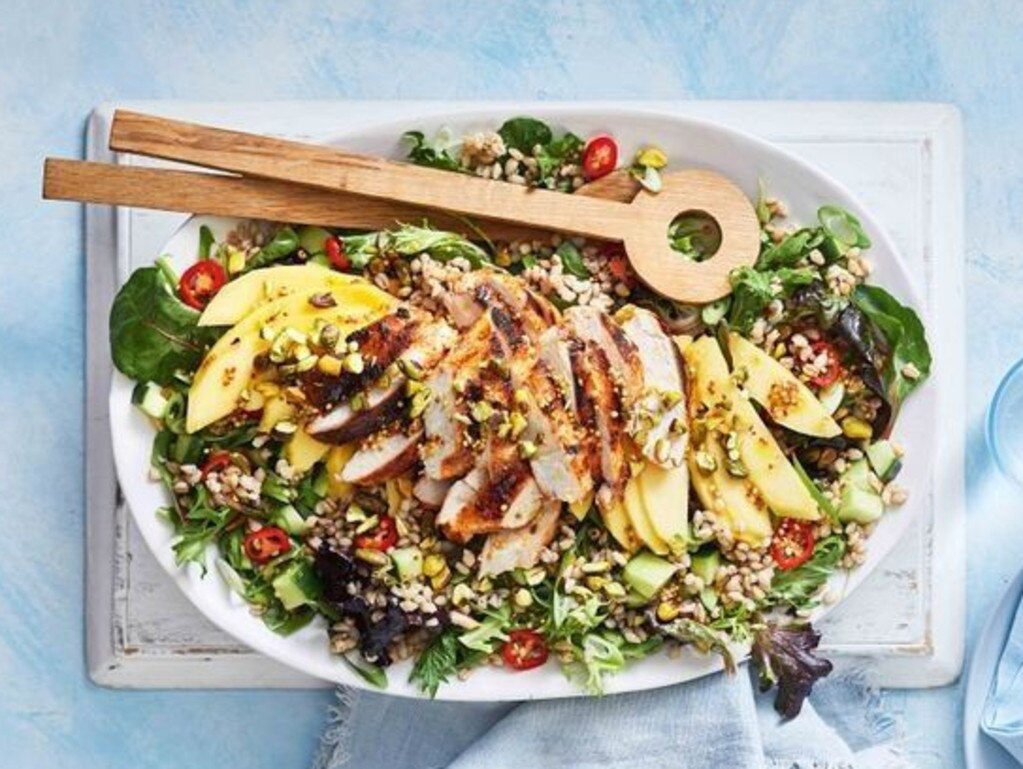
Soluble fibre attracts water and forms a thick gel like substance during digestion, which in turn slows down the digestive process. This helps to provide an early sensation of fullness and can trigger the feeling of having had enough to eat, resulting in lower overall food consumption and lower energy intake. There is evidence that increasing your soluble fibre intake may therefore help reduce belly fat. Barley, oats, fruit, vegetables and legumes are all great sources.

Insoluble fibre is also a great tool for weight management, preventing belly fat and maintaining a healthy bowel environment. Found in wholegrains, nuts, seeds and many vegetables, insoluble fibre passes through the digestive tract intact, adding bulk to stools and therefore supporting regular bowel movements and preventing constipation.
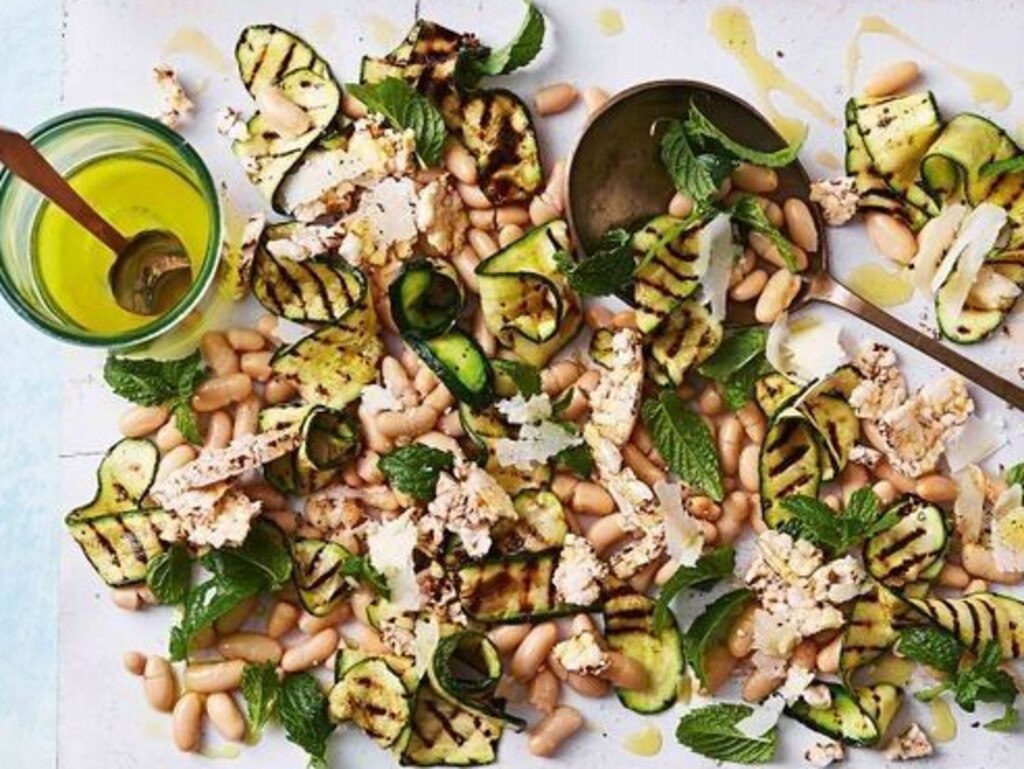
Extra-virgin olive oil, an essential component of the highly acclaimed Mediterranean diet is well known for improving heart health, blood pressure and cholesterol levels. It is also linked to assisting weight loss, especially when consumed in conjunction with a Mediterranean style, high vegetable diet. Drizzle over your favourite salads and vegies and ensure you choose extra-virgin to reap the benefits.
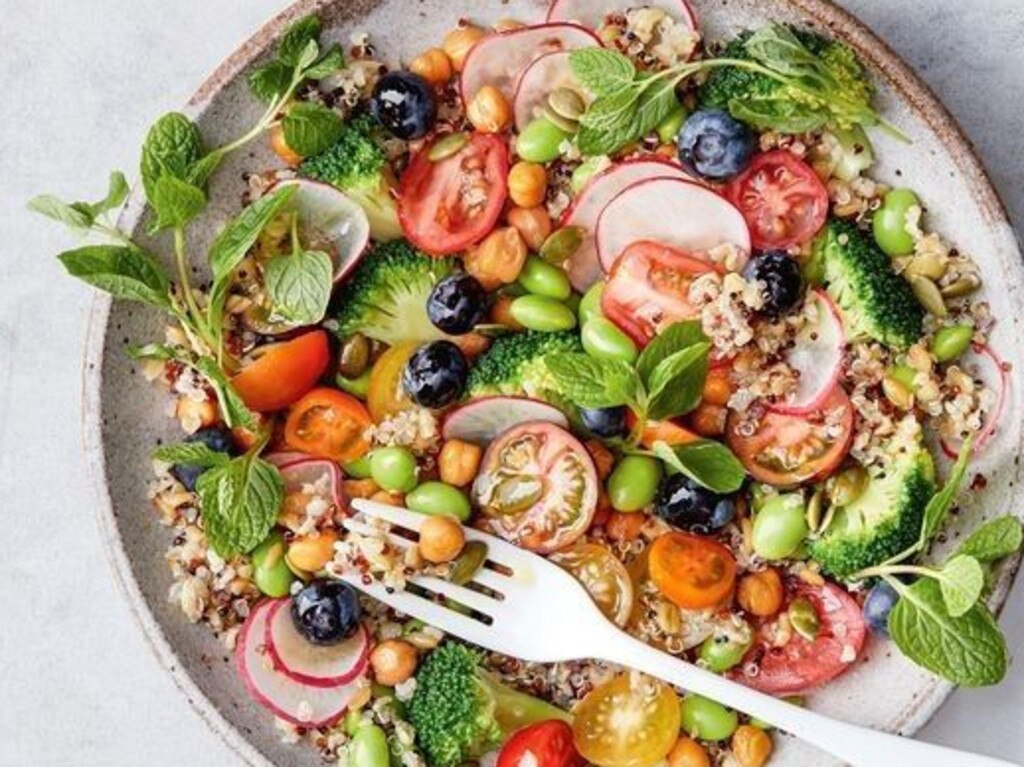
A diet high in processed carbohydrates (eg; white flour, bread, pasta, cakes, biscuits) is closely linked to obesity and belly fat. Swap processed carbohydrates for wholegrain versions (eg; quinoa, freekeh, brown rice, buckwheat and wholemeal versions of pasta and bread), rich in dietary fibre. Likewise consume in moderate portion sizes, to assist weight management.

Legumes, such as lentils, chickpeas, black beans and cannellini beans contain the winning combo of being high in protein, high in fibre (both soluble and insoluble), rich in antioxidants, whilst also being low GI. Legumes are therefore a powerful tool for weight loss, reducing belly fat and promoting overall good health. Guaranteed to keep you full, try adding legumes to your lunchtime salad or swapping half your meat with legumes in your favourite Bolognese, soups or curries.

Salmon is packed with good fats such as omega 3 fatty acids, known to help reduce inflammation in the body. Systemic inflammation is known to play a critical role in the development of obesity and metabolic syndrome. Salmon is also an excellent source of protein and whilst it is higher in calories than white fish, its high oil and protein content makes it extremely satisfying.
For more recipe ideas, go to taste.com.au or check out the Taste Test Kitchen now.
Originally published as Lose belly fat with these 10 easy food ideas

